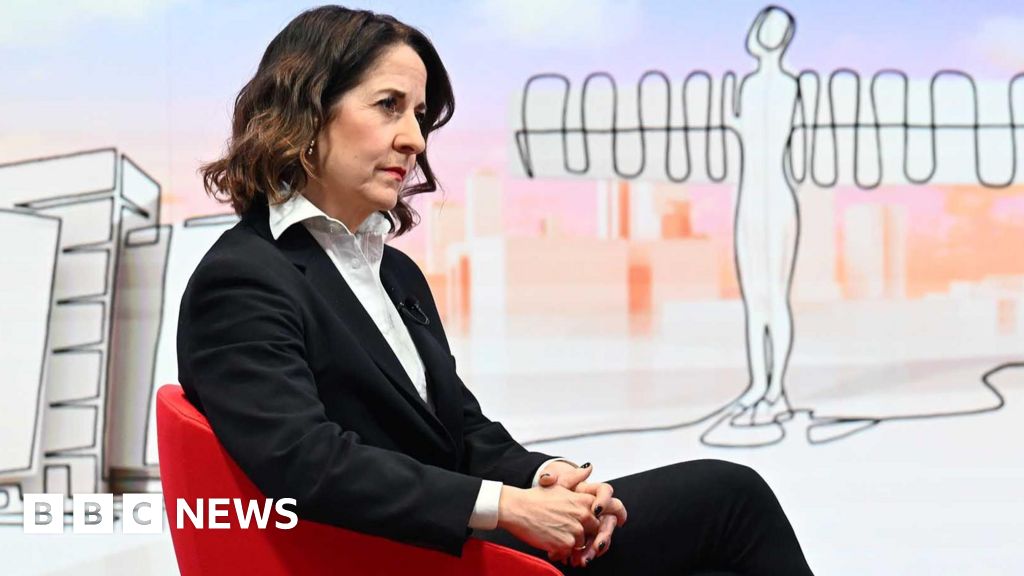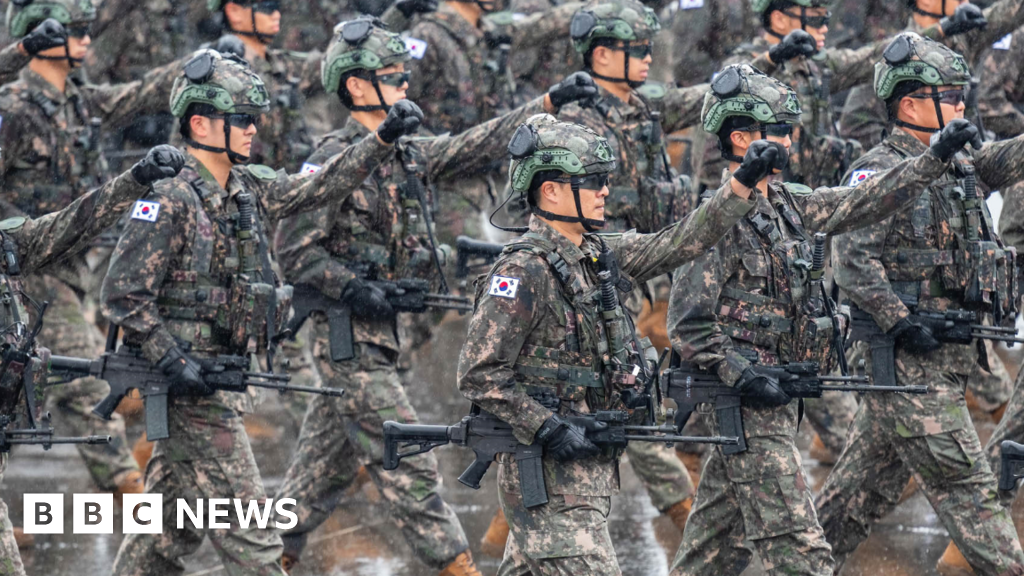 NNPC Limited.
NNPC Limited.Selling a large-scale asset, such as NNPCL’s retail outfit, to private investors with vested interests in a public property that was funded by national resources and asset, belonged to and held in trust for Nigerians, should not have been without proper consultation and oversight. See Section 1, 3(1) and 4 of the Public Enterprises Act; Section 2(1) 16(1) and 25(1) of the Public Procurement Act; and Section 1 and 2 of the Code of Conduct for Public Officers.
Who is Pharaoh Ramses II, the Great?
According to history and the book, Ramesses II: Pharaoh of Glory by Kenneth Kitchen, Pharaoh Ramesses II ruled Egypt from 1279 to 1213 BCE. He was one of ancient Egypt’s greatest pharaohs of the 19th Dynasty. The Israelites knew more about him as a terror. He ruled for 67 years, which was the longest reign in the New Kingdom. He was born in Pi-Ramesses, Egypt, the son of Seti I and Queen Tuya, and ascended the throne at the age of 25. His military campaigns include the conquests of Syria, Palestine, and Nubia, while he defended Egypt against Libya and other invaders.
His architectural and cultural contributions include the construction of numerous temples, monuments, and statues, including the Ramesseum (his mortuary temple) at Thebes Abydos, Karnak and Abu Simbel. The Abu Simbel temples, carved into a cliff face, are considered among the most impressive and, of course he constructed Pi-Ramesses, his capital city.
He encouraged art, literature, and trade, and he commissioned numerous works, including the famous “Epic of Ramesses II,” a poem celebrating his victories. He had over 200 wives and concubines and fathered over 100 children. He was mummified and buried in the Valley of the Kings. His mummy is now housed in the Egyptian Museum in Cairo.
Pharaoh Ramses II, the Great, according to the Holy Scriptures, depict:
- In the Holy Quran, Chapter 29 (Al-Ankabut), Verse 39-40: “And We made Pharaoh an example to those of his time, but he disobeyed the Messenger, so We seized him with a severe punishment. Verily, in this there is a lesson for him who fears the torment.”
- In the Holy Bible, Exodus 14:13-14: “Fear not, stand firm, and see the salvation of the Lord. The Lord will fight for you.”
Are you wondering the symbolism and significance of the story? It will be deciphered soon.
Understanding the Sovereign Wealth Fund (SWF)
Nigerians need credible journalism. Help us report it.
Support journalism driven by facts, created by Nigerians for Nigerians. Our thorough, researched reporting relies on the support of readers like you.
Help us maintain free and accessible news for all with a small donation.
Every contribution guarantees that we can keep delivering important stories —no paywalls, just quality journalism.
It was established through the Nigeria Sovereign Investment Authority (NSIA) Act in 2011. The fund manages Nigeria’s excess oil revenues and aims to achieve three key goals: economic stability, infrastructure development, and savings for future generations. This framework replaced the previous Excess Crude Account (ECA), which faced legal and management challenges.
The NSIA operates through three distinct funds which are: the Stabilisation Fund, which helps cushion the government against budget shortfalls, especially when oil prices drop or unexpected economic pressures arise; the Future Generations Fund, which focuses on long-term investments to ensure financial security for future generations of Nigerians; and the Nigeria Infrastructure Fund, which is to channel investments into critical infrastructure projects, including agriculture, energy, healthcare, and other strategic sectors.
The NSIA operates under global best practices and follows the Santiago Principles for sovereign wealth fund governance to ensure transparency and accountability.
We are there now:
Controversy Number One: Delayed Refund and the DSS
The controversy involving the Nigerian National Petroleum Company Limited (NNPCL) and major marketers revolved around delayed refunds that escalated into operational disruptions in the downstream oil sector. The Department of State Services (DSS) intervened when tensions arose between NNPCL and oil marketers, which contributed to fuel scarcity across the country. The DSS, acting on its mandate to prevent internal security threats, issued an ultimatum to all stakeholders, including NNPCL and marketers, demanding immediate resolutions to the crisis. The security agency’s involvement emphasised not only the operational issues but also exposed the underlying tensions between marketers and NNPCL regarding business transactions and fuel distribution.
The question: Why did NNPCL withhold the funds and what consequences followed thereafter?
Controversy Number Two: Borrowings and Repayment through Crude Oil Lifting
NNPC’s practice of borrowing and repaying through future crude oil sales, often termed forward sales, which have no sovereign guarantees attached, has raised questions about its constitutionality and alignment with financial regulations. Using the lifting of crude oil as collateral is not ideal, as it exposes Nigeria’s oil resources to potential risks. Most certainly, the 1999 Nigerian Constitution, financial regulations of the Central Bank of Nigeria (CBN) and other laws that emphasise transparency and accountability in public finance management would have been contravened somewhere.
See Section 44(2)(b) of the Constitution, which states that, “no property of any citizen of Nigeria shall be taken possession of compulsorily and no right of access to, use, enjoy or derive benefit from any such property shall be impaired or prejudiced, except as provided by law.” Section 162 stipulates that all revenues from natural resources, including oil, should be remitted into the Federation Account before being allocated. Section 3(1) of the Public Procurement Act 2007, requiring transparency and accountability in public procurement. Section 2(2) of the Central Bank of Nigeria (CBN) Act 2007, emphasises the CBN’s role in maintaining monetary stability. And, Section 80 of the Constitution empowers the National Assembly to approve all external borrowings by the Federal Government.
We should note that these funds have bypassed the Federation Account and future crude oil revenues are being mortgaged without adequate legislative oversight!
Controversy Number Three: Pipeline Security Contracts
Sections Section 214 and 217(2) of the 1999 Nigerian Constitution; Sections 1 and 2(1 and 3) of the Department of State Services (DSS) Act 1986, and Section 3(1)(a) of the Nigeria Security and Civil Defence Corps (NSCDC) Act 2003 mandate the armed forces and emphasise their roles in maintaining national security and protecting critical infrastructure.
So, does it mean that properly constituted, DSS, NSCDC and other security agencies with funding and training are not as specialised, efficient and as proficient in security matters, as the private security outfits of the once labelled Niger Delta militants are?
Controversy Number Four: The Consequences of the PIB Bill
Section 2(1)(a) of the Petroleum Industry Act (PIA) 2021 emphasise transparency and accountability in the petroleum industry, and Section 6(1)(b) of the Act require the Nigerian National Petroleum Corporation (NNPC) to operate on a commercial basis.
So, how come we have Significant Diminished Revenue and High Production Costs that are impacting the NNPCL’s profitability?
And, Section 53 of the PIA saddles the company with the responsibility to promote efficient petroleum operations; Section 64 mandates a favourable investment environment; Section 317 forbids government interference in fuel pricing; and Section 318 encourages equal access to crude oil supplies, etc.
Certainly, monopolising crude oil allocations and creating all kinds of obstacles for the Dangote Refinery amount to the restraint of trade or abuse of dominant position!
Controversy Number Five: Refusal to Disclose Refinery Repair Information
Section 2(1) of the Freedom of Information Act 2011, guarantees access to public information, and Section 3(1) of the FOI Act, requires public institutions to provide information upon request.
NNPCL has been uncooperative, with no intervention from government authorities to compel disclosure and provide information on refinery repairs, as requested by the Socio-Economic Rights And Accountability Project (SERAP) and Mr Femi Falana (SAN).
So, we ask, what does it mean?
Controversy Number Six: the Sale of NNPC Retail Outfits
Selling a large-scale asset, such as NNPCL’s retail outfit, to private investors with vested interests in a public property that was funded by national resources and asset, belonged to and held in trust for Nigerians, should not have been without proper consultation and oversight. See Section 1, 3(1) and 4 of the Public Enterprises Act; Section 2(1) 16(1) and 25(1) of the Public Procurement Act; and Section 1 and 2 of the Code of Conduct for Public Officers.
Who vouched for the fair valuation of the assets and proper reinvestment of the proceeds for the benefit of Nigerians?
In conclusion,
- To the buyers of Nigeria’s assets, we say caveat emptor”!
- To all Nigerians, we say, “wealth obtained at the expense of others’ welfare is not wealth, but theft”!
- And the chapters quoted in the Holy Scriptures above have sound a warning to the discerning mind!
Adamu Rabiu writes from Kaduna
Support PREMIUM TIMES' journalism of integrity and credibility
At Premium Times, we firmly believe in the importance of high-quality journalism. Recognizing that not everyone can afford costly news subscriptions, we are dedicated to delivering meticulously researched, fact-checked news that remains freely accessible to all.
Whether you turn to Premium Times for daily updates, in-depth investigations into pressing national issues, or entertaining trending stories, we value your readership.
It’s essential to acknowledge that news production incurs expenses, and we take pride in never placing our stories behind a prohibitive paywall.
Would you consider supporting us with a modest contribution on a monthly basis to help maintain our commitment to free, accessible news?
TEXT AD: Call Willie - +2348098788999

















 English (US) ·
English (US) ·